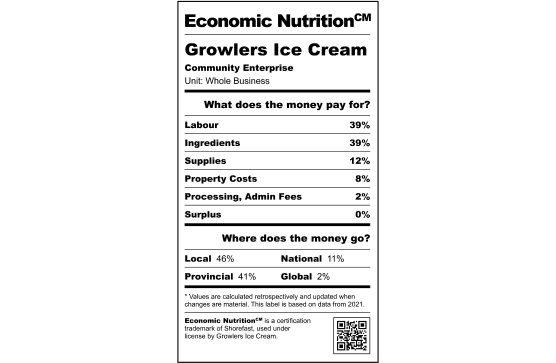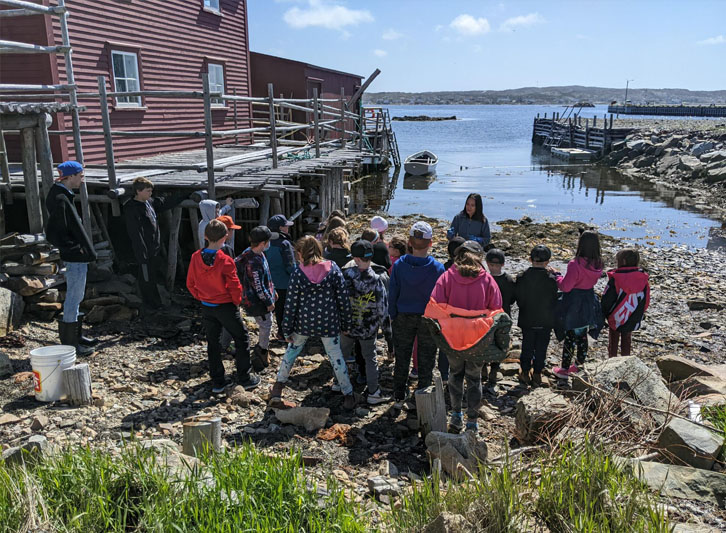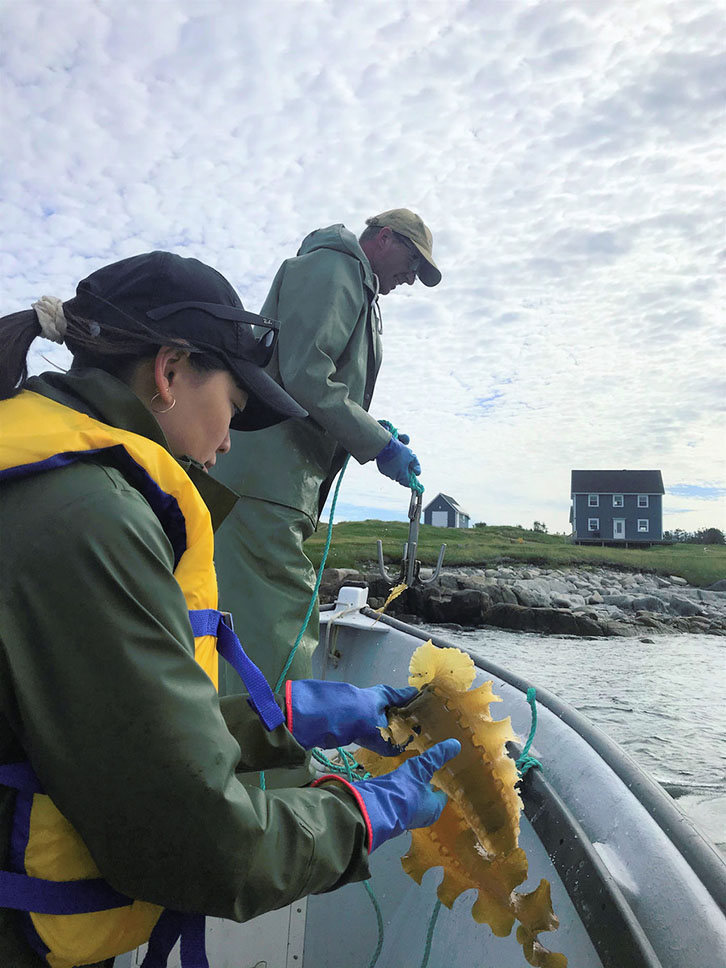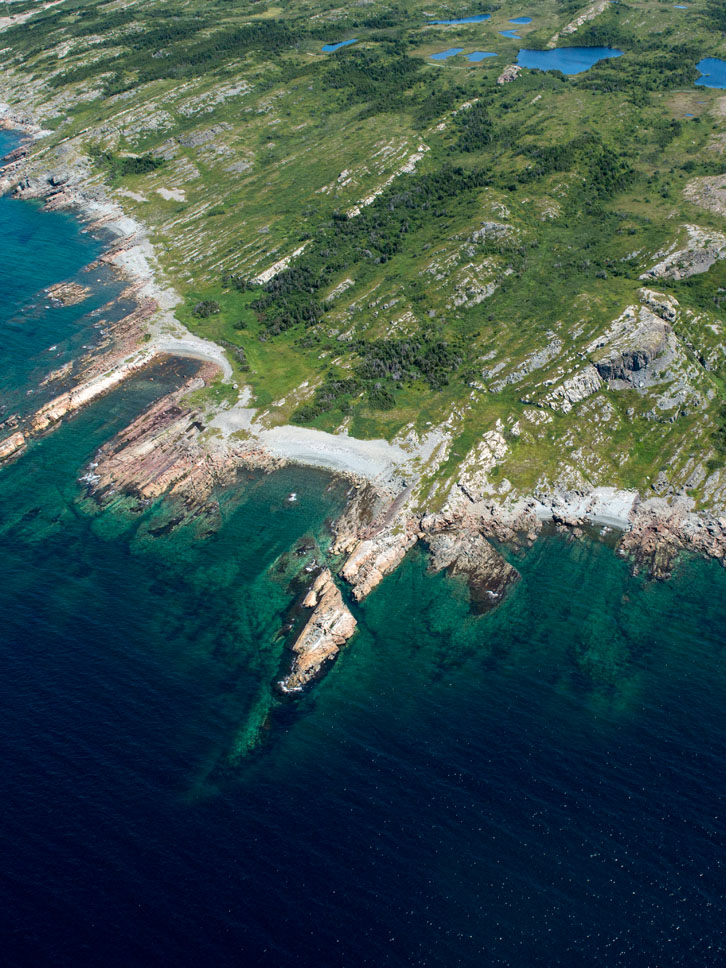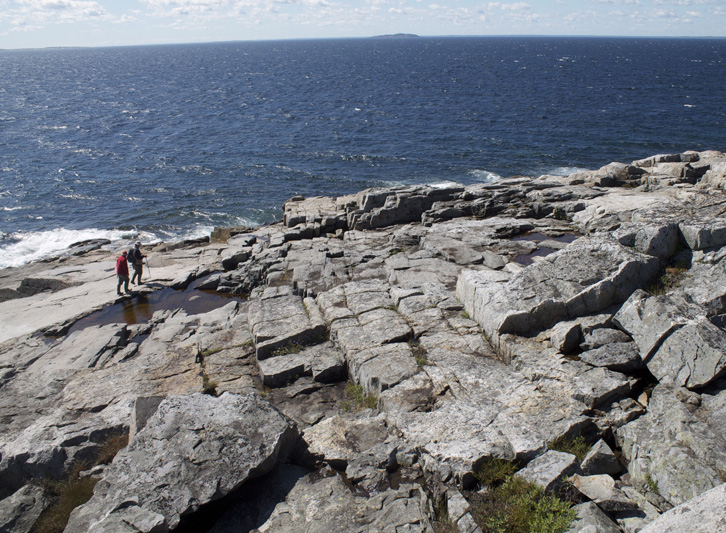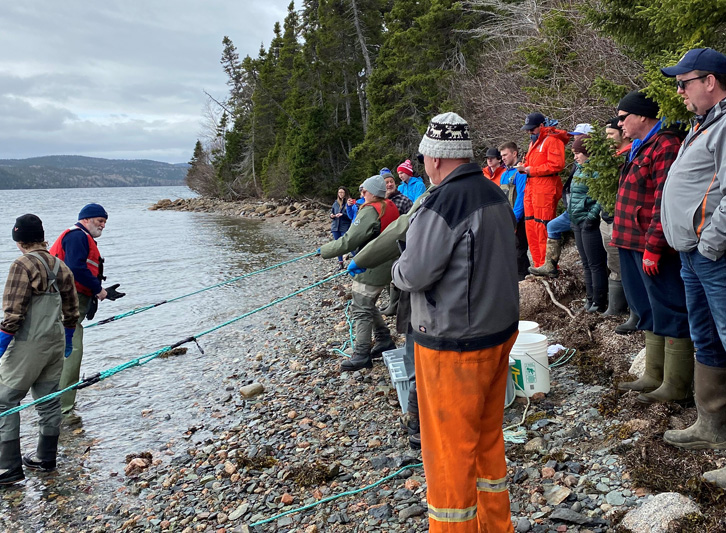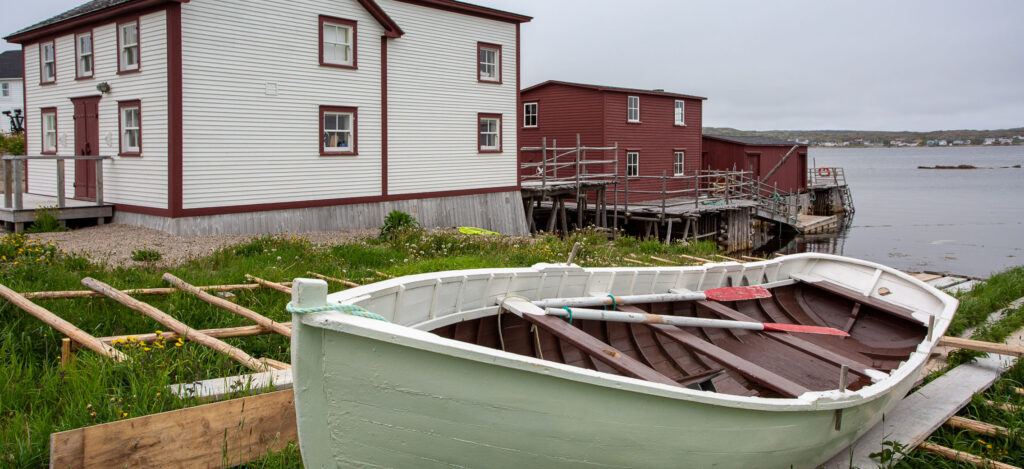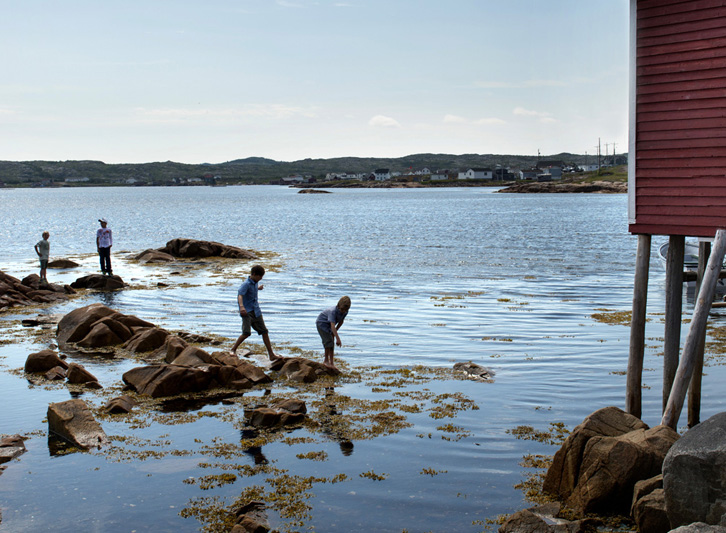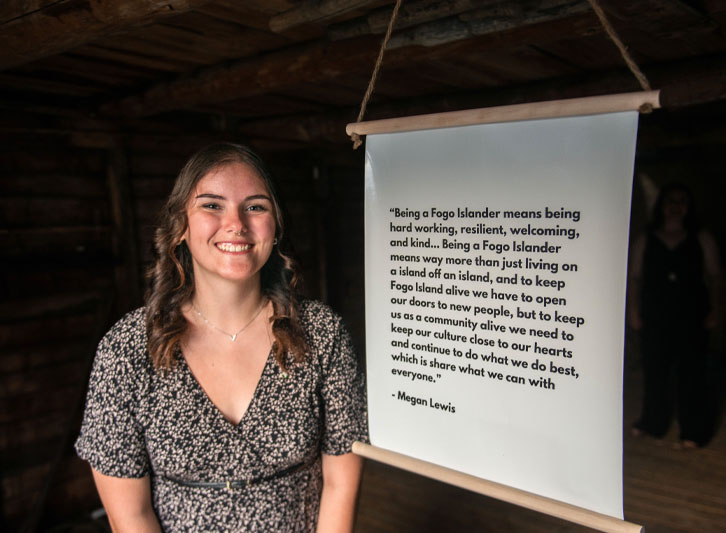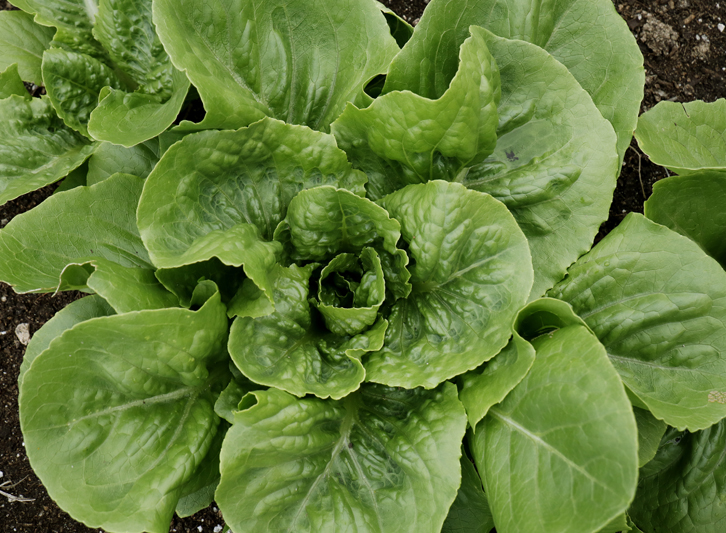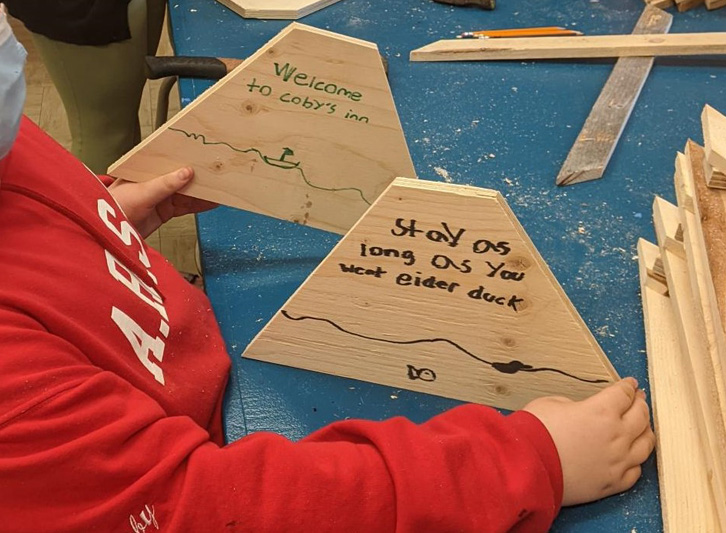Strong communities rest on strong community economies.
At Shorefast, we are passionate about answering the question
“How can we create an economy in service of
nature and culture – in service of place?”
We think that part of the answer lies in grounding economies in the places where people live: local communities. When we build equitable and regenerative community economies, we’re building the foundation for a global economic order that serves the full ecosystem of life on our planet.
The Community Economies Pilot
July 2021 – June 2022
Shorefast’s year-long, pan-Canadian Community Economies Pilot aimed to answer the question, “How do we strengthen community economies?” With network-building and collaborative learning as goals of the Pilot, Shorefast engaged 17 organizations spanning community development, philanthropic, financial, and public sectors, as well as five enterprising partner communities to contribute to our learnings and help inform our emerging Community Economies Program.
Below are the key resources created in collaboration with leading experts and strategic partners through the Pilot.
Community Economies Reports
Business Assistance Fund
Business is a tool that belongs to all of us. It is a means to develop the capacities inherent in people and communities, to generate employment and build meaningful connections between people and places. Modelled after the Nobel Prize-winning Grameen Bank, the Shorefast Business Assistance Fund provides micro-loans on friendly terms to start or develop locally-owned businesses on Fogo Island. It has supported ventures of varying shapes and sizes, including tourism operators, hospitality establishments, and restaurants.
For residents of Fogo Island or Change Islands who are interested in applying for a friendly loan through Shorefast’s Business Assistance Fund, please contact programmes@shorefast.org.

